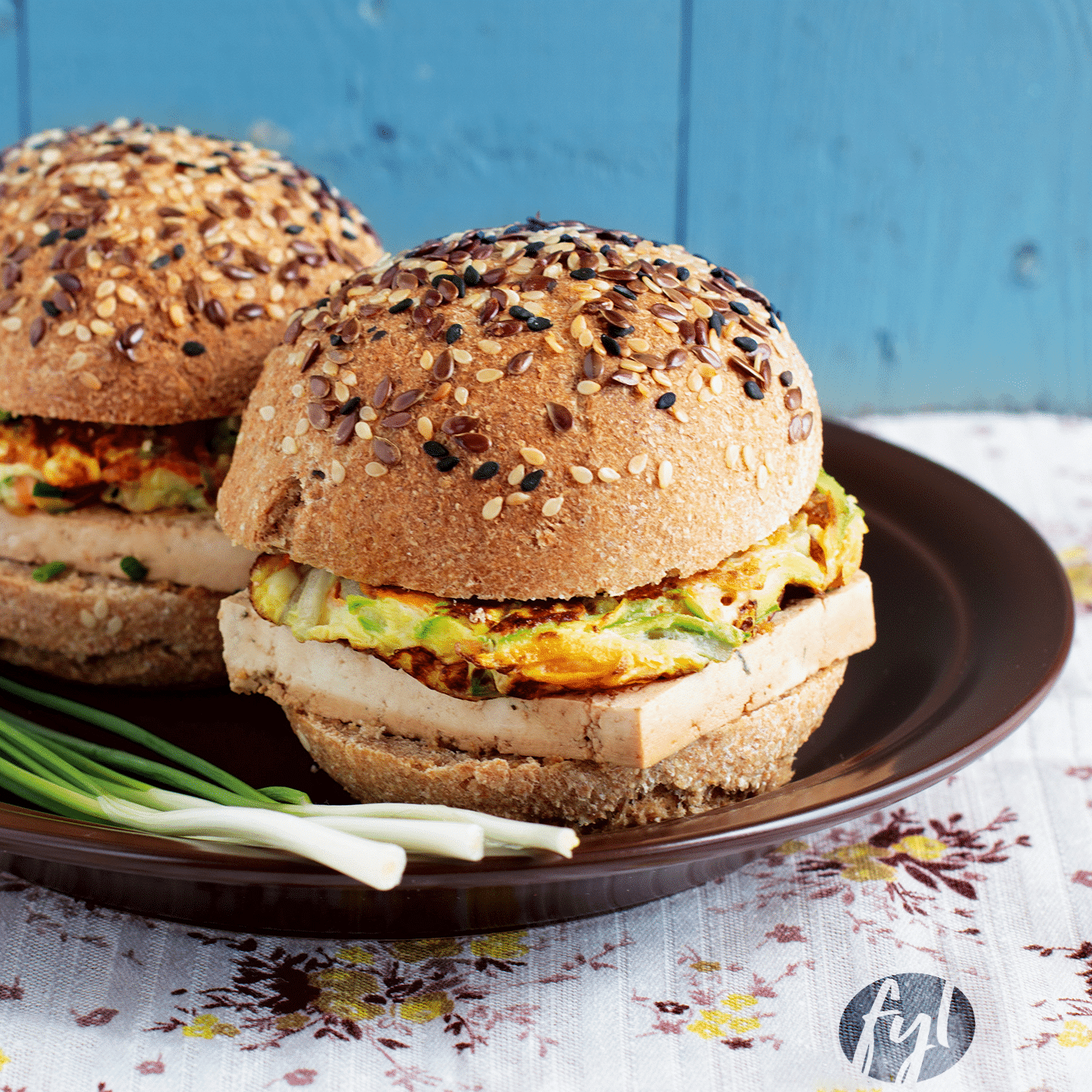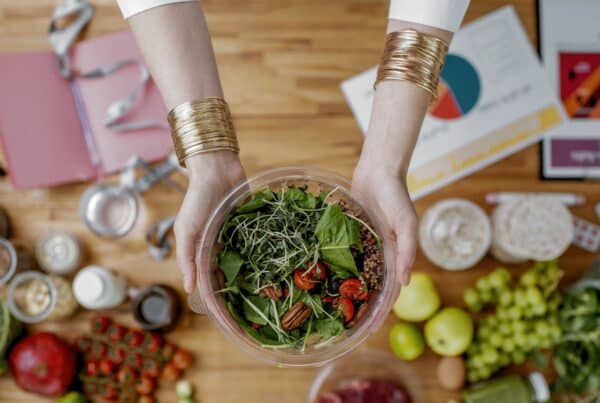Meat-free and vegan alternatives have exploded onto our shelves with the rising popularity of plant-based diets. More than 2.5 million Australians are eating meat-free and the choice of alternatives has almost tripled in supermarkets in less than a decade. People eating less meat is ultimately a good thing, however, are these new alternatives good for us?
It is easy to assume that because something is “plant-based” that it is going to be healthier or better for you. However, even when choosing plant-based alternatives, it remains important to evaluate nutrition labels as a whole, as many plant-based options have added salt and fat to improve taste, texture and appearance.
This can result in them being just as unhealthy as their traditional meat counterpart (and in some cases, worse)!
Let’s talk about what you should pay careful attention to when choosing meat-free alternatives such as meat-free bacon, burgers, sausages and pies.
Salt
Many meat-free alternatives are very high in salt. For example, Vegie Delights Bacon Style Rashers have 924mg of sodium of salt per 100 grams (any product with over 400mg sodium per 100g is considered to be a high sodium choice)! When choosing meat-free alternatives, pay attention to the nutrition information panel and choose products that have:
- Best Choice – products with less than 120mg of sodium per 100g
- Good choice – products with less than 400mg of sodium per 100g.
Saturated Fat
Pay attention to what fats and oils have been used to create those meat-free alternatives. Some products contain coconut oil or palm oil. Both of these oils are high in saturated fat, which can have an adverse impact on cardiovascular health. Let’s not also forget the negative environmental impacts that the production of palm oil has such as; destruction of critical habitats and the endangerment of vulnerable species, along with air, soil and water pollution. Let’s aim to keep our meat-alternatives heart and environmentally friendly. Look for products that have:
- Less than 10g of total fat per 100g
- Less than 3g of saturated fat per 100g
Frequency
Whilst processed meat-alternatives can provide a quick convenient option for someone who is time-poor and trying to eat meat-free -relying on them for every meal is likely to lead to nutritional deficiencies such as B12 and iron deficiency. Focus on including a wide variety of fresh unprocessed proteins such as:
- Legumes
- Beans
- Tofu
- Nuts and seeds
These options are rich in vitamins and minerals, low in sodium, saturated fat and are often much cheaper. Aim to use the heavily processed meat-alternatives sparingly.
If you have been following a vegan or vegetarian diet and feel a little lost, it might be time to speak to a Fuel Your Life dietitian.







